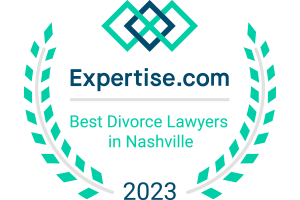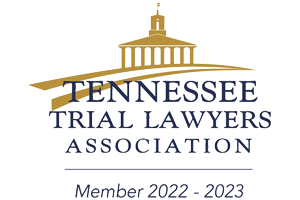- Contact Us Now: (615) 490-6020 Tap Here to Call Us
Strategy and Tips for Dealing With Professional License Complaints

From my experience handling professional and commercial licensing defense cases, I have developed a strategy that should benefit any professional license holder or regulated business owner in Tennessee who has been notified that they are the subject of a complaint and under investigation for a potential rules violation.
This post is designed for general informational purposes only and does not constitute legal advice for any particular case. All case circumstances are unique and should be considered by an attorney in your area prior to acting upon any legal advice.
Your initial notification will probably be from an investigator assigned to your case. This letter will state the facts of the alleged infraction, your right to consult with counsel, your right to due process, and your right to be heard. You may be given a deadline to submit information in response to the investigation. Remember, the professional board is there to protect the public, not to protect you. Anything you say or do at this point can be used against you. Take this letter very seriously.
Now is a good time to prepare yourself for what lies ahead by adhering to the following strategy:
- Review and understand the facts of your case;
- Consult with an attorney that has experience with professional licensing defense;
- Identify any extenuating or mitigating factors that might affect your case;
- Rehearse what you plan to say during any interaction with the investigator assigned to your case or when appearing before the professional board.
Here are my tips for a viable plan moving forward:
- Understand the facts in the complaint against you.
- What conduct is the board investigating? Are you the principal person the board is investigating or are your coworkers or colleagues under investigation?
- What type of violation is the board potentially going to say happened? These can be categorized as: commission of a crime related to the practice, unrelated crime, drug and/or alcohol, malpractice, HIPPA / patient privacy, abuse of patient, etc.
- What specific rule or regulation is the board likely to cite? Understanding what potential rule is cited will help you determine if there are any good arguments that the rule does not apply to your specific situation.
- Are there any witnesses? If so, what do you expect them to say when they testify?
- Speak with an experienced attorney.
- An experienced attorney can meet with you in a consultation and give you his or her third-party unbiased evaluation of your case. This is advantageous, as an attorney can help establish your expectations regarding any future interaction with the Tennessee professional board.
- An experienced attorney may help you decide whether to contest the action the Board is likely to take. If the board offers something your attorney assesses to be in the ordinary course for this type of alleged violation, and the penalty is not severe, then you may want to consider agreeing to the state’s offer through a consent order and putting an end to your case after the state finishes their investigation.
- You have the right to an attorney during the entire process, and that includes being present while an investigator is interviewing you. An attorney can also assist you with drafting a written statement to provide to the investigator.
- Think about extenuating and mitigating factors
- Extenuating factors are those that may cause the punishment to be more severe.
- Common extenuating factors include
- Previous discipline on a license, also known as repeat offender.
- Potential misconduct will be viewed as quite serious.
- Conduct is criminal in nature.
- Patients were harmed by the conduct.
- Conduct is widely known.
- Mitigating factors are those that may cause the punishment to be less severe.
- Common mitigating factors include
- No previous license discipline.
- Conduct that is viewed as less serious.
- Conduct not criminal in nature.
- No harm to patients.
- Conduct that was private in nature.
- Rehearse what you plan to say when interacting with professional board.
- Just as with all public speaking, practice is the key to good execution.
- One good technique for this is to put your most important ideas on paper with a notecard. Make bullet points of your most important sound bites.
- Practice answering the obvious questions such as: “Tell me what happened.” “Why did you tell the patient that?” “Who told you to speak with that person?” Etc.
- Don’t forget to think for a few seconds prior to answering each question asked. Slow down if you have a tendency to speak too quickly.
A Cole Law attorney experienced in Professional Licensing Defense can skillfully represent your interests as you interact with a professional licensing board. We can help you evaluate your case, gather evidence and witnesses in your defense, and perhaps negotiate for a more favorable outcome. Don’t take chances with your future. If you feel we can be of service to you, give us a call at 615-490-6020















